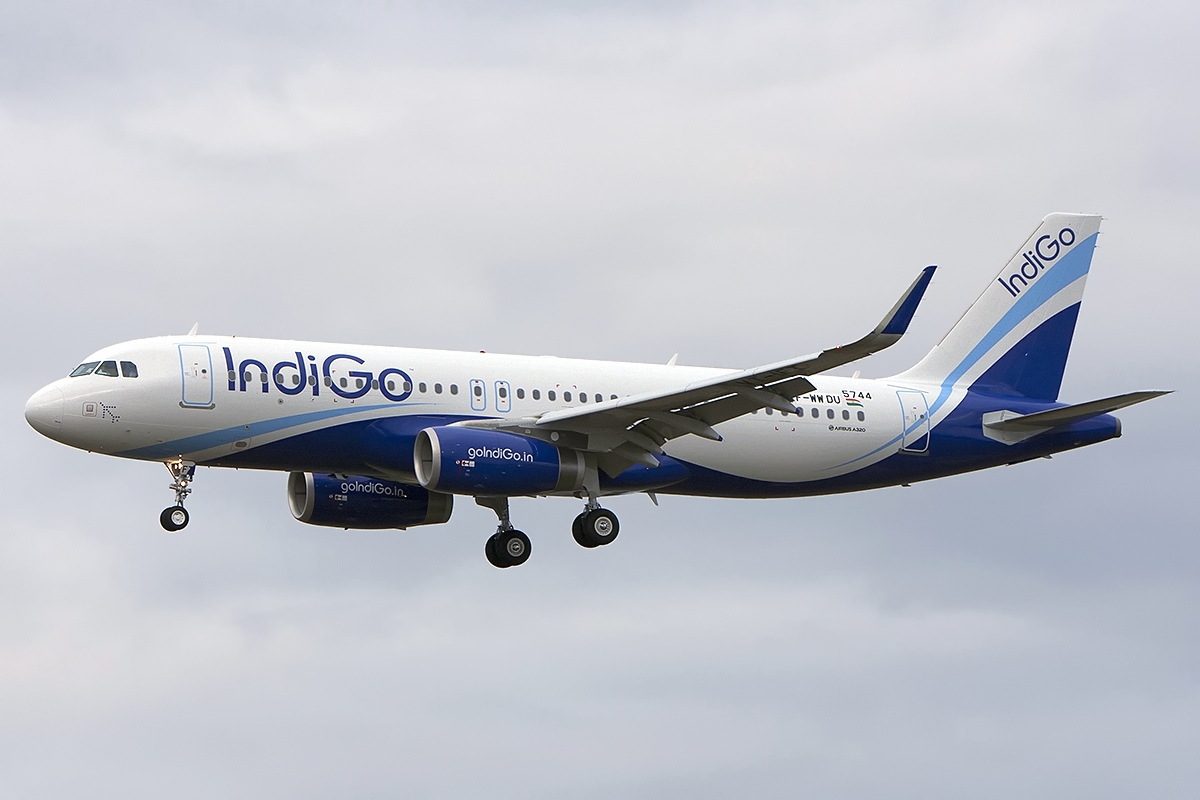

By Asmita - Aug 10, 2025
Pakistan incurred a significant economic loss of Rs 127 crore over two months after closing its airspace to Indian aircraft in response to India's suspension of the Indus Waters Treaty. The move, motivated by sovereignty and national defense concerns, saw a daily impact on 100 to 150 Indian flights, leading to a reduction in overflight revenues for Pakistan. Tensions escalated following military hostilities, with both countries imposing reciprocal flight bans, affecting airlines and indicating strained bilateral relations.

IndiGo via Wikimedia
LATEST
Pakistan suffered a significant economic loss of approximately Rs 127 crore (PKR 4.10 billion) over two months after closing its airspace to Indian aircraft. This move followed India’s suspension of the Indus Waters Treaty on April 23, 2025, and the closure affected flights from April 24 to June 30. About 100 to 150 Indian flights were impacted daily, leading to a substantial reduction in overflight revenues for Pakistan’s aviation sector. Despite the financial hit, Pakistan’s Ministry of Defence emphasized that sovereignty and national defense considerations outweighed economic impact in the decision to restrict airspace access.
The airspace closure represented a tit-for-tat measure amid heightened tensions between India and Pakistan, especially after the April 22 terror attack in Pahalgam, Jammu and Kashmir, blamed on Pakistan-based groups. India reacted with Operation Sindoor, targeting terror hubs in Pakistan and Pakistan-occupied Kashmir, escalating military hostilities. Pakistan's ban on Indian planes not only disrupted commercial air traffic but also reduced transit traffic for Pakistan by nearly 20%. The ongoing airspace restrictions were extended multiple times and expected to last until the last week of August 2025.
This closure has mirrored a similar situation in 2019 when Pakistan lost even more—about Rs 228 crore—following the Balakot airstrike by India. However, Pakistan Airports Authority’s revenue has increased overall from $508,000 in 2019 to $760,000 in 2025, indicating higher baseline earnings despite the losses related to Indian flights. The Defence Ministry clarified that the losses cited were revenue shortfalls, not net financial losses, as other fees such as aeronautical charges remained unchanged. Despite the burden, Pakistan maintained that protecting national sovereignty was the priority over financial consequences.
Indian airlines such as Air India, IndiGo, SpiceJet, and Akasa Air have also experienced operational disruptions due to the airspace restrictions. Pakistan continues to ban Indian-operated, leased, or owned aircraft, while India has reciprocally restricted Pakistani flights since April 30, 2025. These reciprocal bans underscore the deteriorating bilateral relations and have led to increased costs and logistical challenges for airlines on both sides. The situation reflects the wider geopolitical conflict affecting trade, diplomacy, and aviation between the two neighboring countries.